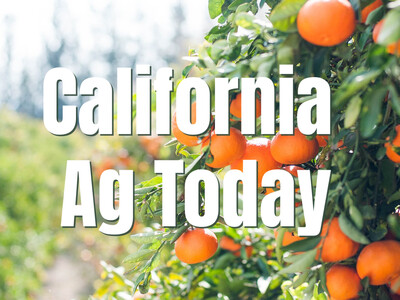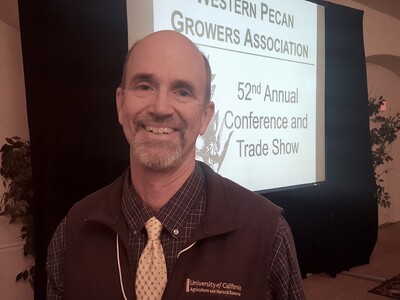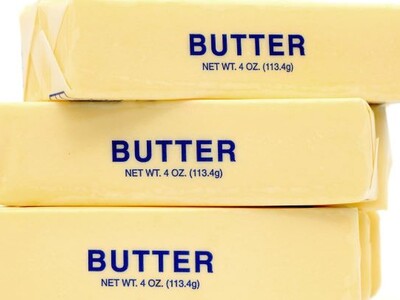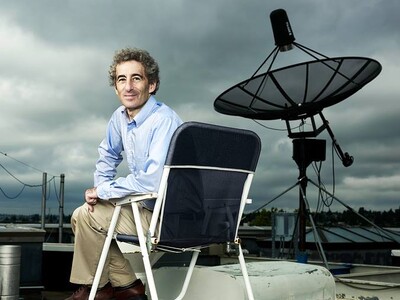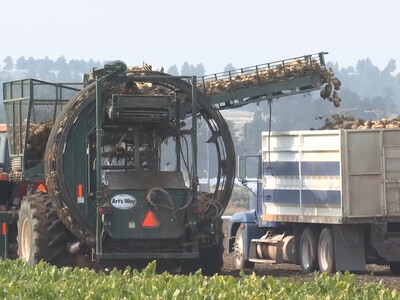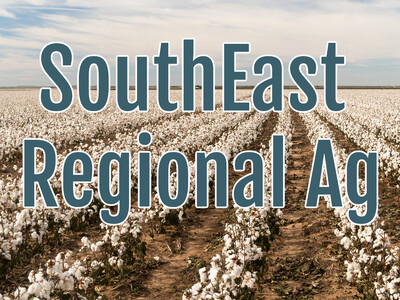Feeding wild animals
Feeding big game animals does more harm than goodWildlife are not pets, and shouldn’t be treated as such, even with the best intentions. Feeding that cute moose in your yard can lead to unforeseen problems and typically does more harm than good. Well-intentioned people often feed big game without realizing the problems it can create for people and the animals themselves.The public is asked to let wild animals fend for themselves as nature intended.
While they may look harmless, people need to recognize that big game animals are wild animals and can be unpredictable and dangerous. There have been several examples where big game animals have become accustomed to humans and injured or even killed people. Habituated animals can become a public safety concern and can result in the lethal removal of the animal.
Feeding in town or adjacent to busy streets is hazardous for both animal and motorists. Wildlife-vehicle collisions are common in areas where animals gather. Accidently hitting a deer or a much larger moose can cause serious personal injury, not to mention vehicle damage and injury or death to the animal.
Feeding big game can also attract wildlife that homeowners don’t want around. Mountain lions are common in the forests of Idaho, and are sometimes attracted to city’s confines were deer can find refuge and often congregate where fed.






